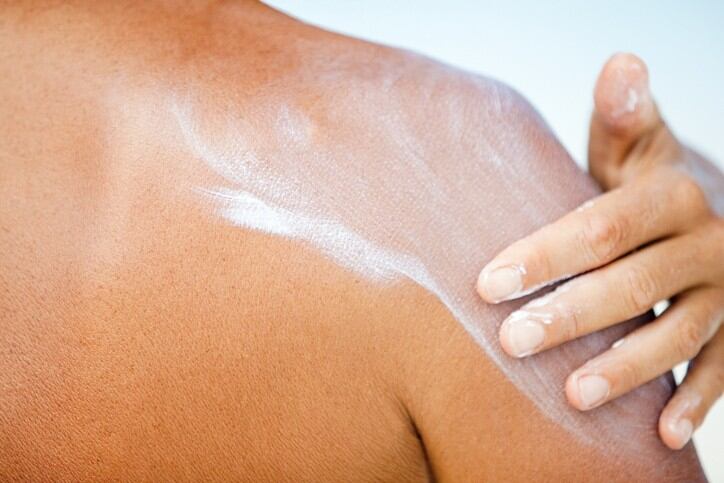The Sun-D trial is being spearheaded by researchers at The QIMR Berghofer Medical Research Institute in Brisbane.
They are currently recruiting participants for a year-long randomised controlled trial.
Half of the participants will be given SPF50+ sunscreen to apply every day, while the other half will continue with their usual sun protection behaviour.
All participants will have to complete short online surveys each month for one year and provide a blood sample so the team can measure vitamin D three times in the year.
The research team states that most skin cancers are caused by exposing the skin to the sun.
Australia has the highest rate of skin cancer in the world. Every year about 16,000 people are diagnosed with melanoma, and around 1,400 people die. The country spends nearly a billion dollars managing skin cancer each year.
While regular sunscreen application reduces the risk of skin cancer, the researchers want to gain a better understanding if it may also interfere with the body’s ability to make vitamin D.
They stated: “Vitamin D is essential for bone health and may have other benefits. It is called the ‘sunshine vitamin’ because exposing our skin to the sun is our main source of vitamin D.
“In theory, wearing sunscreen could cause vitamin D deficiency. Studies suggest that putting on low SPF sunscreen does not cause vitamin D deficiency, but we do not know if regularly applying SPF 50+ sunscreen affects vitamin D.”
Evidence base
Lead researcher Professor Rachel Neale said that lots of people were confused about how sunscreen will affect their vitamin D levels, and that causes them to either avoid sunscreen or spend too much time outdoors to try to get that balance.
“The Sun-D Trial will provide evidence-based advice so we can clear up confusion in the community and the medical profession, arming people with the right information to enjoy the sun safely,” she added.
The trial is still in the recruitment stage with several hundred more participants require.
Prof Neale was previously involved in a 2019 review paper that investigated associations between sunscreen use and vitamin D concentration.
They included four experimental studies, three field trials (two were randomized controlled trials) and 69 observational studies.
They found that: “In the experimental studies sunscreen use considerably abrogated the vitamin D3 or 25(OH)D production induced by exposure to artificially generated UVR. The randomized controlled field trials found no effect of daily sunscreen application, but the sunscreens used had moderate protection [sun protection factor SPF ~16]. The observational studies mostly found no association or that self-reported sunscreen use was associated with higher 25(OH)D concentration.”
This led them to conclude that there is little evidence that sunscreen decreases vitamin D concentration when used in real-life settings, “suggesting that concerns about vitamin D should not negate skin cancer prevention advice.”
However, they noted there have been no trials of the high-SPF sunscreens that are now widely recommended, hence this new study.


